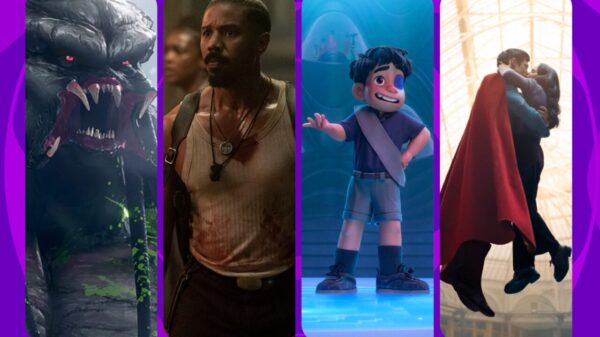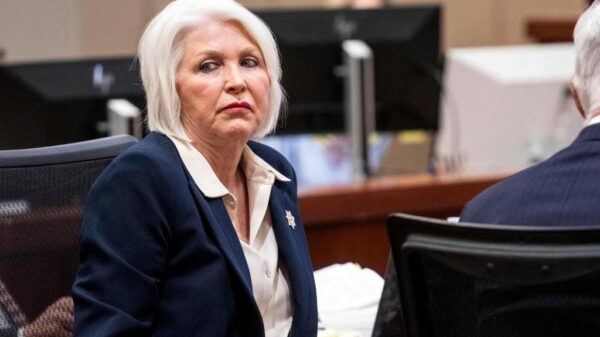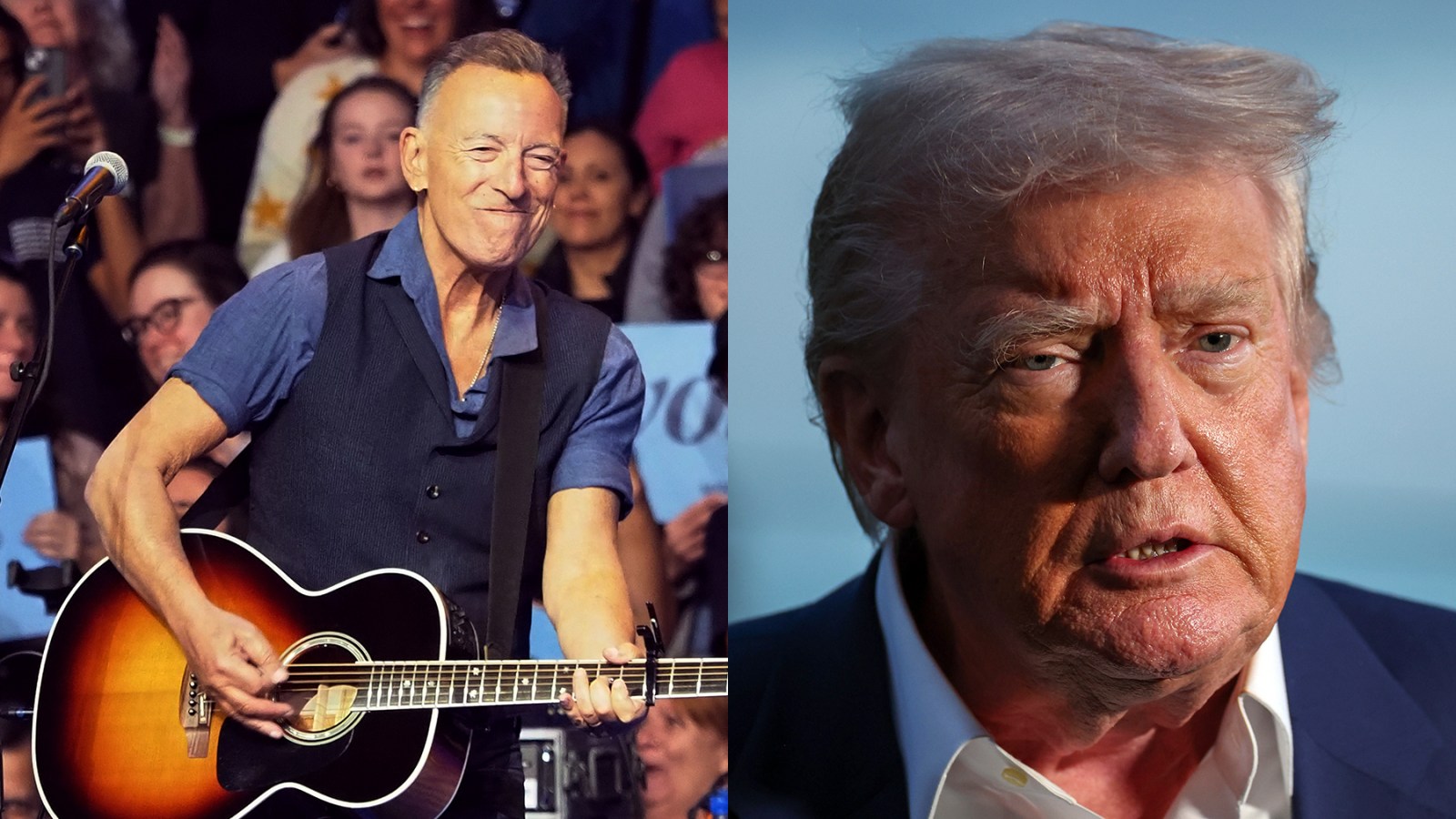On May 16, former President Donald Trump launched a vehement attack on Bruce Springsteen via social media, labeling the iconic musician as “dumb as a rock” following Springsteen’s critical remarks at the start of his 2025 European tour. This public spat is just the latest in a long history of exchanges between the two, with Springsteen having been a vocal critic of Trump since his 2015 presidential campaign.
Trump’s comments were not isolated; three days later, he continued his tirade, implicating other celebrities like Bono and Oprah Winfrey in an unfounded claim about illegal campaign contributions. However, Springsteen’s criticisms of Trump are far from new, having consistently voiced his concerns about Trump’s impact on American democracy over the years.
Springsteen’s Early Criticisms: A Moron and a Conman
Bruce Springsteen’s disapproval of Donald Trump first became public during the 2016 presidential campaign. On September 23, 2016, in an interview with Rolling Stone, Springsteen described Trump as a “moron” and expressed grave concerns about the ideas Trump was bringing into the mainstream, such as white nationalism and the alt-right movement.
Just a month later, on October 18, 2016, while promoting his memoir “Born to Run” in Europe, Springsteen reiterated his stance, calling Trump a “conman” and stating that his supporters were being deceived. He highlighted the socio-economic factors that had left many Americans feeling disenfranchised, which Trump had exploited.
Performances and Public Statements
Springsteen’s criticisms were not limited to interviews. On November 7, 2016, the eve of the presidential election, he performed at a Hillary Clinton rally, condemning Trump as a man whose vision was “limited to little beyond himself” and who lacked the decency required for the presidency.
In 2017, during his “Springsteen on Broadway” shows, he continued to make veiled references to the Trump administration, criticizing those in power for stoking division and undermining the idea of an inclusive America. His performances became a platform for expressing his discontent with the political climate.
A Call for Change: The 2020 Election and Beyond
As the 2020 election approached, Springsteen’s rhetoric intensified. On September 20, 2020, he spoke to Rolling Stone about the need for change, advocating for Joe Biden as a means to restore America’s standing in the world. He criticized the Trump administration for abandoning allies and denying climate science.
Springsteen’s SiriusXM show, “From My Home to Yours,” became another venue for his political commentary. On October 31, 2020, he described Trump as the “greatest threat to democracy” in his lifetime, citing the administration’s divisive tactics and disregard for democratic principles.
The 2024 Campaign and Continued Advocacy
With Trump running again in 2024, Springsteen remained active in the political discourse. On October 3, 2024, he endorsed Kamala Harris, criticizing Trump for his disdain for democratic norms. As the election neared, he appeared at rallies, emphasizing the importance of preserving American values against what he described as Trump’s authoritarian ambitions.
Despite Springsteen’s efforts, Trump won the 2024 election. In response, Springsteen used the opening of his 2025 tour to voice his concerns about the new administration, calling it “corrupt, incompetent, and treasonous.” His remarks echoed his long-standing commitment to advocating for democracy and justice.
Looking Forward: The Role of Artists in Political Discourse
Springsteen’s ongoing critique of Trump highlights the significant role artists play in political discourse. By leveraging his platform, Springsteen has consistently challenged policies and rhetoric he views as harmful to American values. His actions underscore the intersection of art and activism, illustrating how cultural figures can influence public opinion and advocate for change.
As the political landscape continues to evolve, figures like Springsteen remind us of the power of music and art to inspire and mobilize. Whether through performances, interviews, or public endorsements, Springsteen’s voice remains a steadfast presence in the dialogue surrounding American democracy.




































































